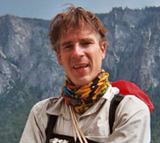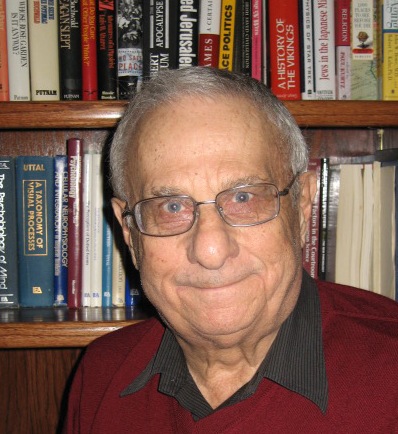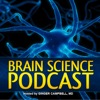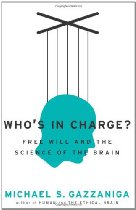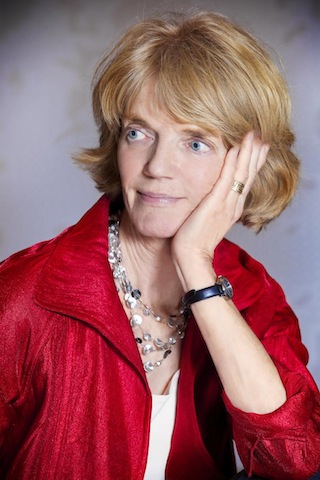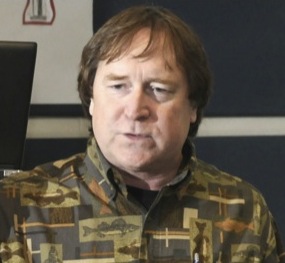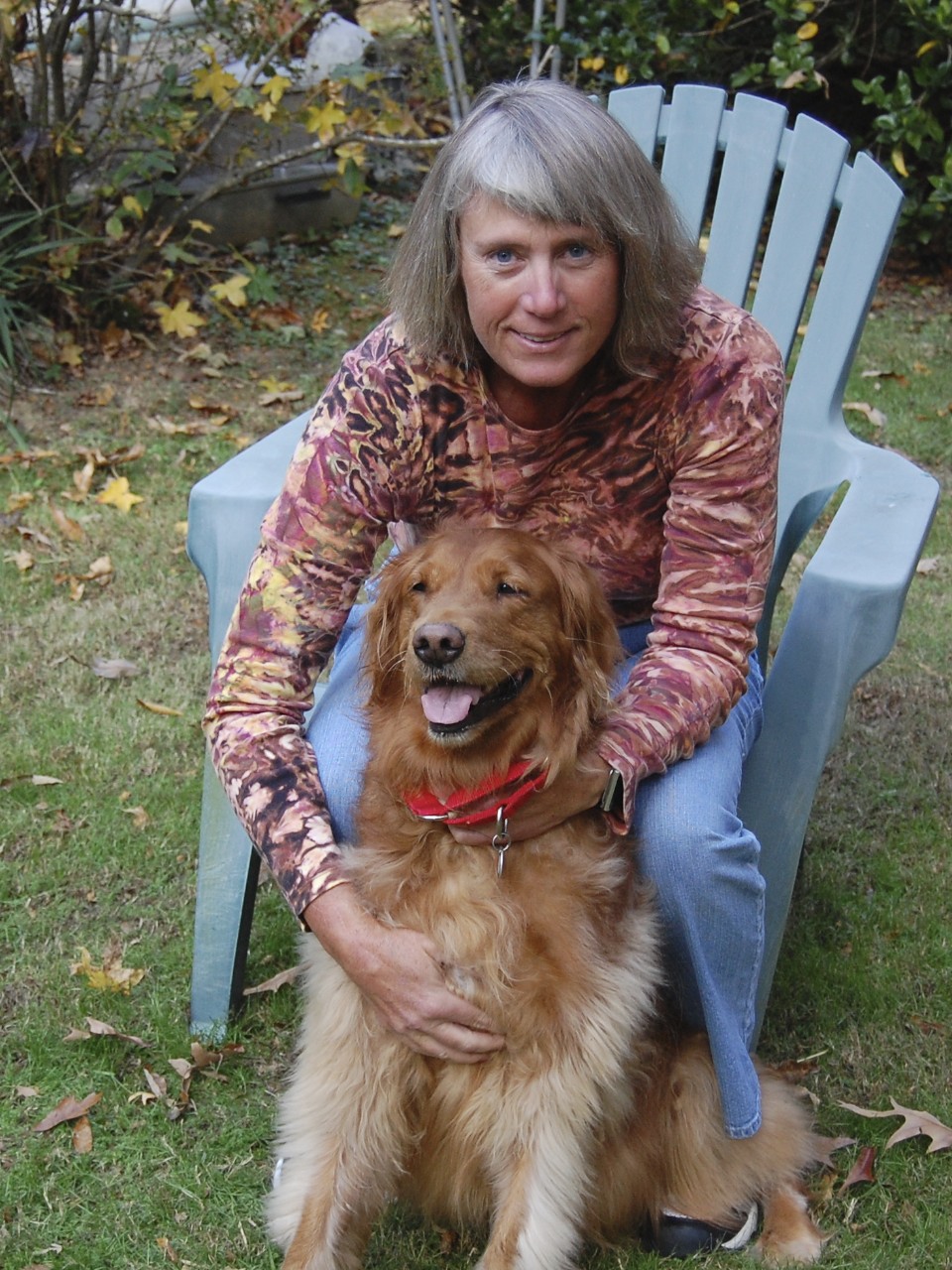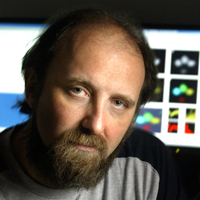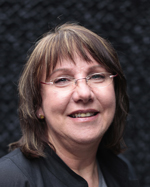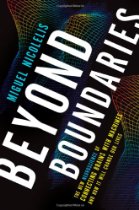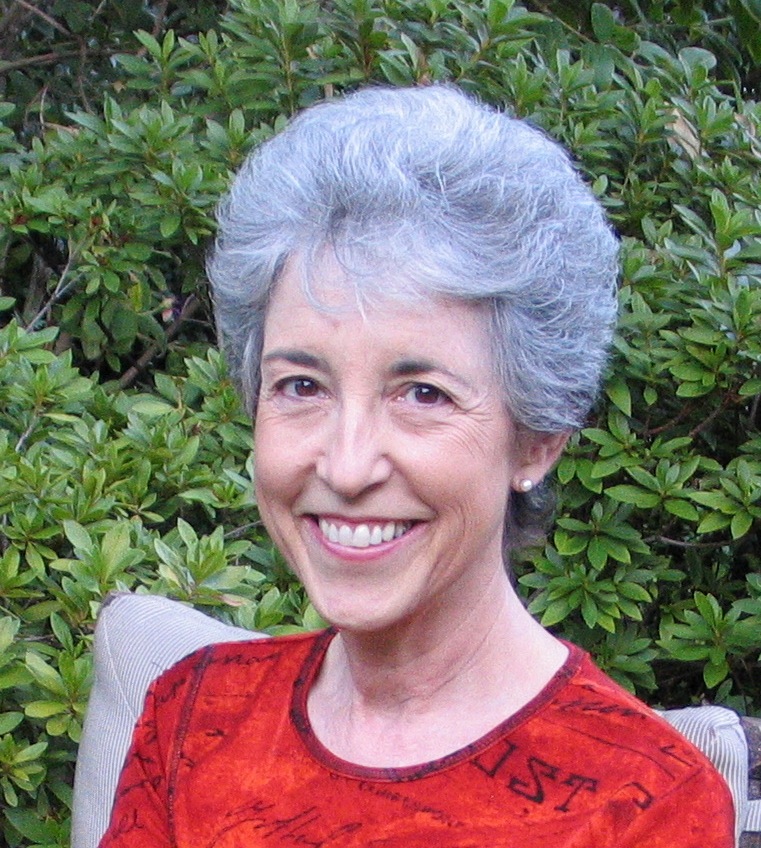 Carol Tavris, PhD Click for audioThe theory of cognitive dissonance is not new but Mistakes Were Made (But Not by Me): Why We Justify Foolish Beliefs, Bad Decisions, and Hurtful Acts by Carol Tavris and Elliot Aronson makes cognitive dissonance accessible to everyone, and, more importantly, Tavris and Aronson make it clear why we should care. As Dr. Tavris explained in a recent interview (Books and Ideas #43), "cognitive dissonance is a theory of blind spots." Appreciating how our brains automatically strive to decrease the discomfort we feel when faced with conflicting beliefs, can help us become aware of how these blind spots effect our behavior and attitudes.
Carol Tavris, PhD Click for audioThe theory of cognitive dissonance is not new but Mistakes Were Made (But Not by Me): Why We Justify Foolish Beliefs, Bad Decisions, and Hurtful Acts by Carol Tavris and Elliot Aronson makes cognitive dissonance accessible to everyone, and, more importantly, Tavris and Aronson make it clear why we should care. As Dr. Tavris explained in a recent interview (Books and Ideas #43), "cognitive dissonance is a theory of blind spots." Appreciating how our brains automatically strive to decrease the discomfort we feel when faced with conflicting beliefs, can help us become aware of how these blind spots effect our behavior and attitudes.
 Listen to Episode 43 of Books and Ideas
Listen to Episode 43 of Books and Ideas
Episode Transcript (Download PDF)
Subscribe to Books and Ideas Podcast: 



Cognitive dissonance is also revelevant to anyone with an interest in science because as Dr. Tavris noted: "the scientific method is designed to create dissonance—in a way, we could say this. This is one of the reasons science is so unpopular—I should say is so difficult—because scientists are humans, and scientists don’t like it when their predictions are disconfirmed. But, you see, as we now understand, the mind is designed for consistency, for consonance; it’s designed to notice, and remember, and confirm evidence that supports our beliefs, and to forget and ignore information that is dissonant with our beliefs.
It’s such an interesting thing for those of us interested in skepticism and science, because the scientific method is designed to create dissonance—in a way, we could say this. This is one of the reasons science is so unpopular—I should say is so difficult—because scientists are humans, and scientists don’t like it when their predictions are disconfirmed. But, you see, as we now understand, the mind is designed for consistency, for consonance; it’s designed to notice, and remember, and confirm evidence that supports our beliefs, and to forget and ignore information that is dissonant with our beliefs."
Links and References
- Carol Tavris, PhD: social psychologist, author, and public speaker.
- Leon Festinger, PhD (1957) A Theory of Cognitive Dissonance. Stanford Univeristy Press.
- Mistakes Were Made (But Not by Me): Why We Justify Foolish Beliefs, Bad Decisions, and Hurtful Acts by Carol Tavris and Elliot Aronson.
- The Social Animal by Elliot Aronson. This is a classic text in social psychology.
- 50 Great Myths of Popular Psychology: Shattering Widespread Misconceptions about Human Behavior by Scott O. Lilienfeld, Steven Jay Lynn, John Ruscio, Barry L. Beyerstein (Dr. Lilienfeld was interviewed in Brain Science Podcast #70.)
- The Political Brain: The Role of Emotion in Deciding the Fate of the Nation by Drew Westen.
- McCabe, D.P., & Castel, A.D. (2008). Seeing is believing: The effect of brain images on judgments of scientific reasoning. Cognition, 107, 343-352.
- See episode transcript for additional references.
Listener donations help make Dr. Campbell's podcasts possible.
Announcements
 Listen to Episode 43 of Books and Ideas
Listen to Episode 43 of Books and Ideas
Episode Transcript (Download PDF)
Subscribe to Books and Ideas Podcast: 



 Disgust is an universal emotion, but unlike emotions like fear and anger, disgust must be learned. This is the main conclusion of Dr. Rachel Herz's latest book That's Disgusting: Unraveling the Mysteries of Repulsion. In a recent interview (BSP 86) Dr. Herz told me why she spent the last several years studying this rather unusual subject. We also discussed what the study of disgust can tell us about how our brains process emotion.
Disgust is an universal emotion, but unlike emotions like fear and anger, disgust must be learned. This is the main conclusion of Dr. Rachel Herz's latest book That's Disgusting: Unraveling the Mysteries of Repulsion. In a recent interview (BSP 86) Dr. Herz told me why she spent the last several years studying this rather unusual subject. We also discussed what the study of disgust can tell us about how our brains process emotion.![]()
![]()
![]()
![]()
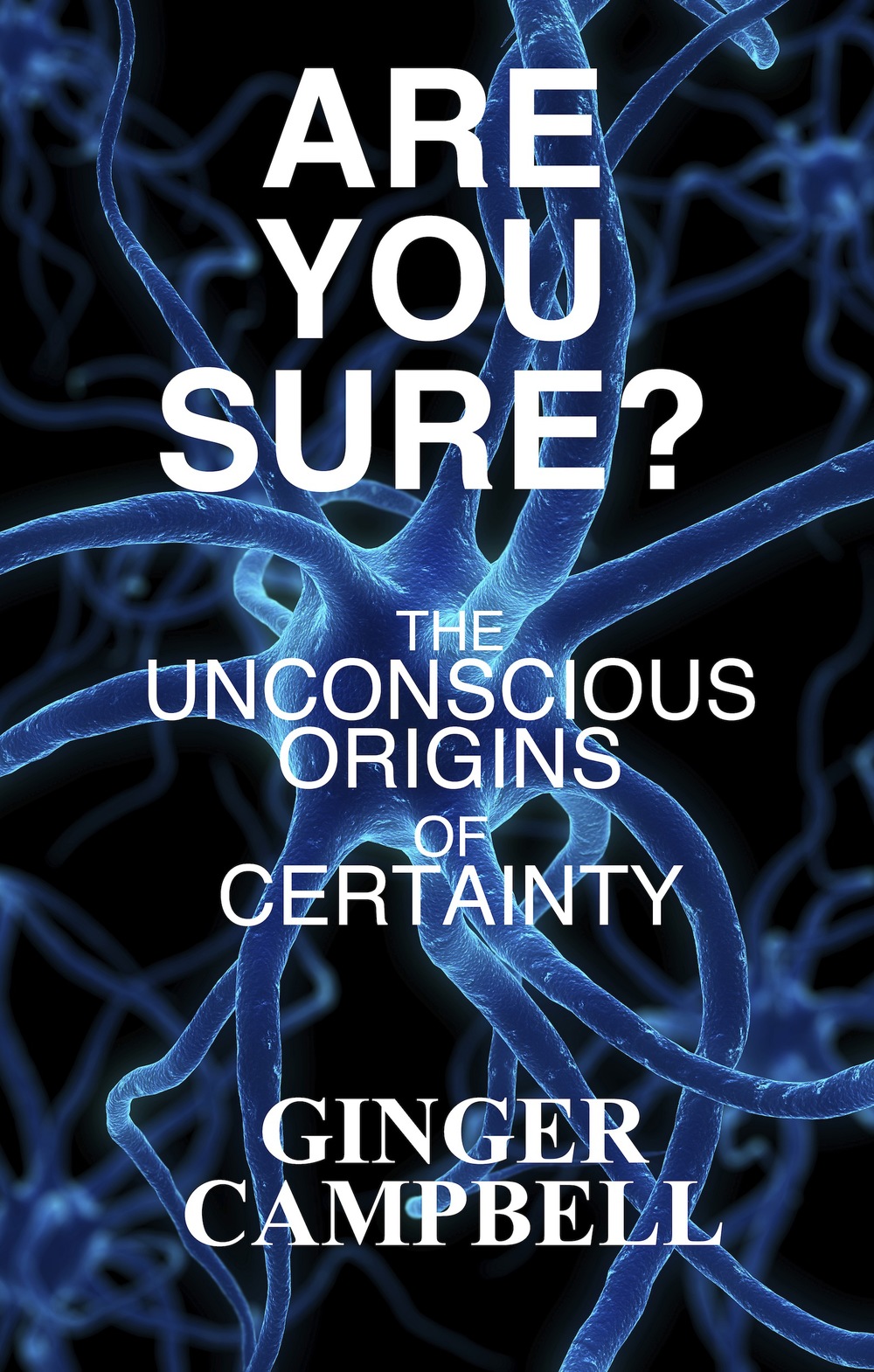 Annoucements:
Annoucements:


